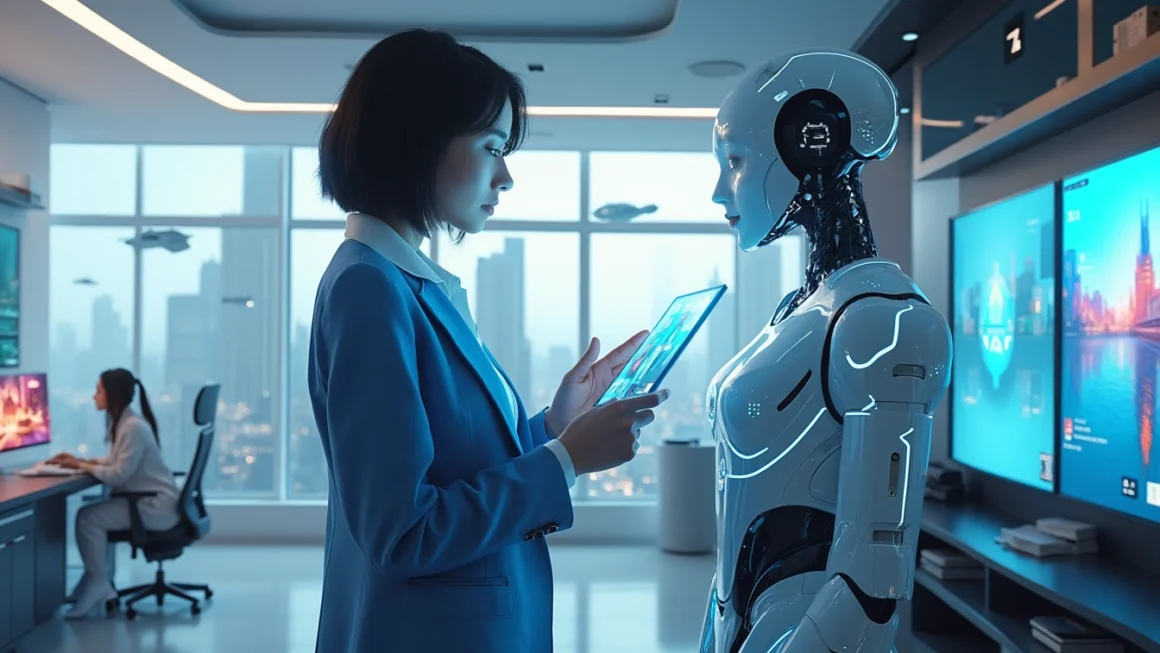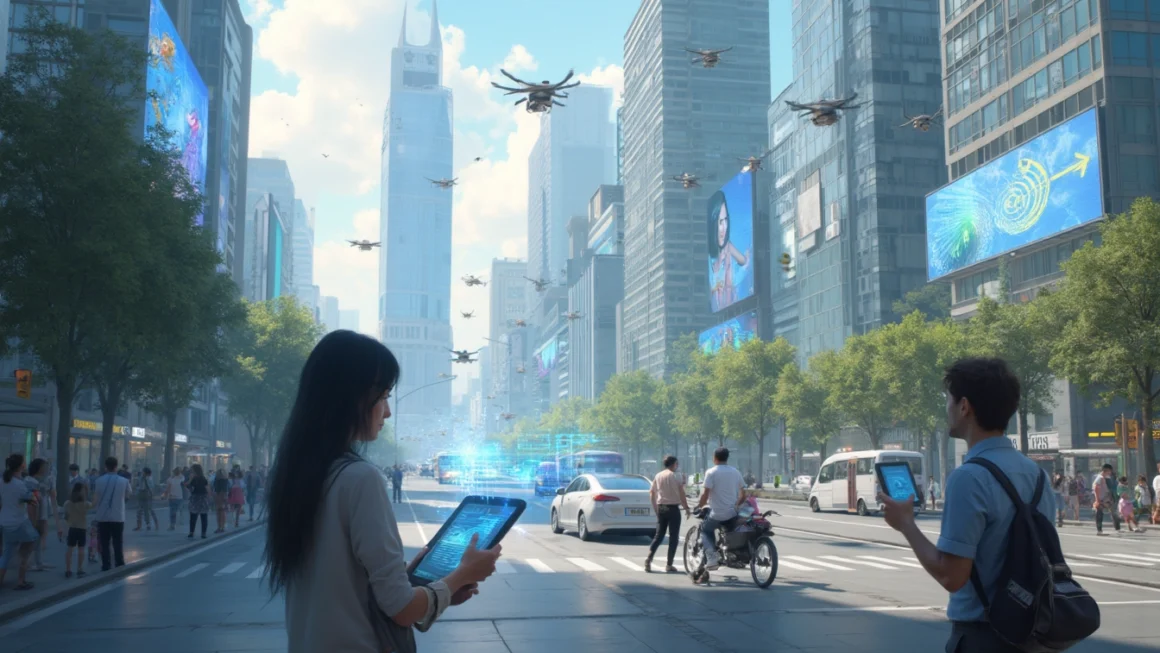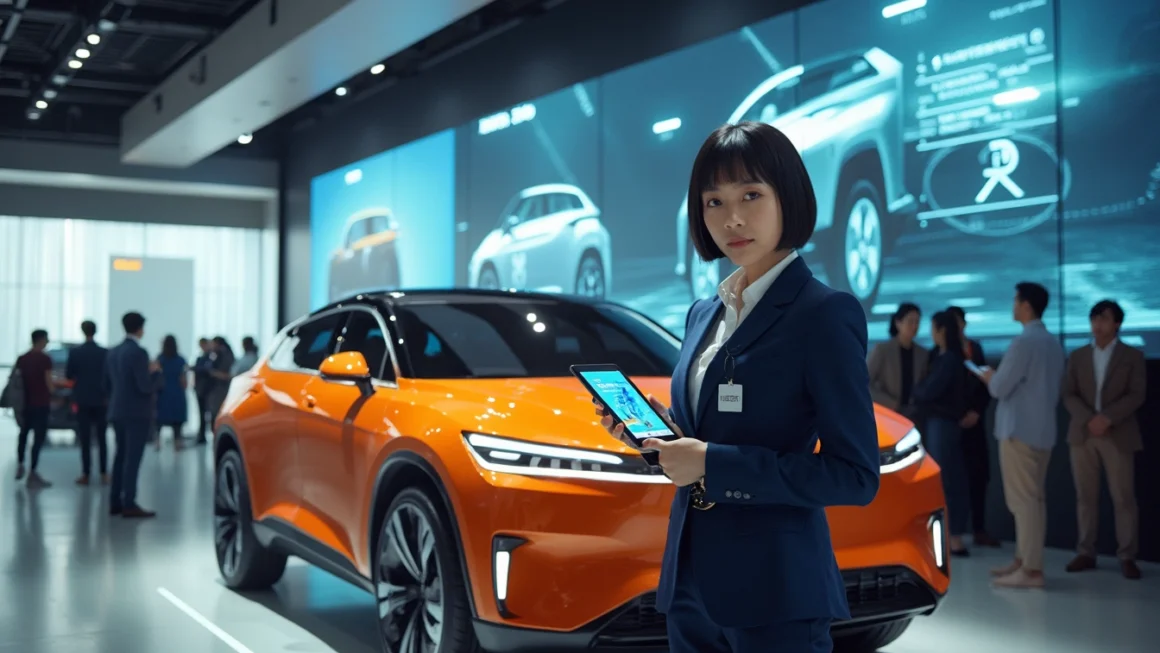A New Era for AI: Anthropic’s Launch of Claude 3
Table of Contents
The artificial intelligence landscape has witnessed a significant leap forward with Anthropic’s unveiling of Claude 3, its latest suite of AI models. This development marks a crucial milestone in the ongoing AI race, positioning Anthropic as a formidable competitor to industry giants like OpenAI and Google.
The Claude 3 Family: A Trio of Capabilities
Claude 3 comes in three distinct versions, each tailored to different needs and applications:
- Claude 3 Haiku: The most streamlined and cost-effective option, designed for quick tasks and everyday use.
- Claude 3 Sonnet: A balanced model offering enhanced capabilities while maintaining efficiency.
- Claude 3 Opus: The flagship model, boasting the most advanced features and highest performance levels.
This tiered approach allows users to select the most appropriate model for their specific requirements, balancing power and cost-effectiveness.
Advancing AI Capabilities
Anthropic claims that Claude 3 Opus outperforms GPT-4, the current industry standard, in various benchmarks. This assertion, if substantiated, could significantly shift the balance of power in the AI sector. The improvements in Claude 3 span several critical areas:
- Enhanced reasoning abilities
- Improved task completion
- More nuanced communication
- Greater accuracy in information processing
These advancements could potentially open up new applications for AI across various industries, from healthcare to finance and beyond.
The AI Race Intensifies
The launch of Claude 3 comes at a time of fierce competition in the AI industry. With tech giants and startups alike vying for dominance, each new release raises the bar for what AI can achieve. This competitive landscape is driving rapid innovation, benefiting end-users with increasingly sophisticated tools.
As companies push the boundaries of AI capabilities, it’s crucial to consider the broader implications of these advancements. The rapid progress in AI technology necessitates ongoing discussions about ethics, safety, and responsible development. Automation platforms are increasingly integrating AI capabilities, highlighting the growing intersection between AI and other technological domains.
Looking Ahead: The Future of AI
The introduction of Claude 3 represents more than just a new product launch; it signifies the ongoing evolution of AI technology. As these systems become more advanced, we can anticipate:
- More natural and context-aware interactions between humans and AI
- Increased integration of AI in everyday applications and services
- New challenges and opportunities in AI governance and ethics
- Potential shifts in workforce dynamics as AI capabilities expand
The pace of advancement in AI shows no signs of slowing, with each new iteration bringing us closer to AI systems that can rival or surpass human capabilities in specific domains.
Conclusion: A New Chapter in AI Development
Anthropic’s Claude 3 marks a significant step forward in the field of artificial intelligence. As these technologies continue to evolve, they promise to reshape industries, enhance productivity, and open up new possibilities for innovation. However, this progress also calls for vigilance in ensuring that AI development aligns with ethical principles and societal values.
As we stand on the brink of this new era in AI, it’s clear that the potential applications and implications of these technologies are vast. The coming years will likely see continued rapid advancement, with AI becoming an increasingly integral part of our daily lives and work environments.




